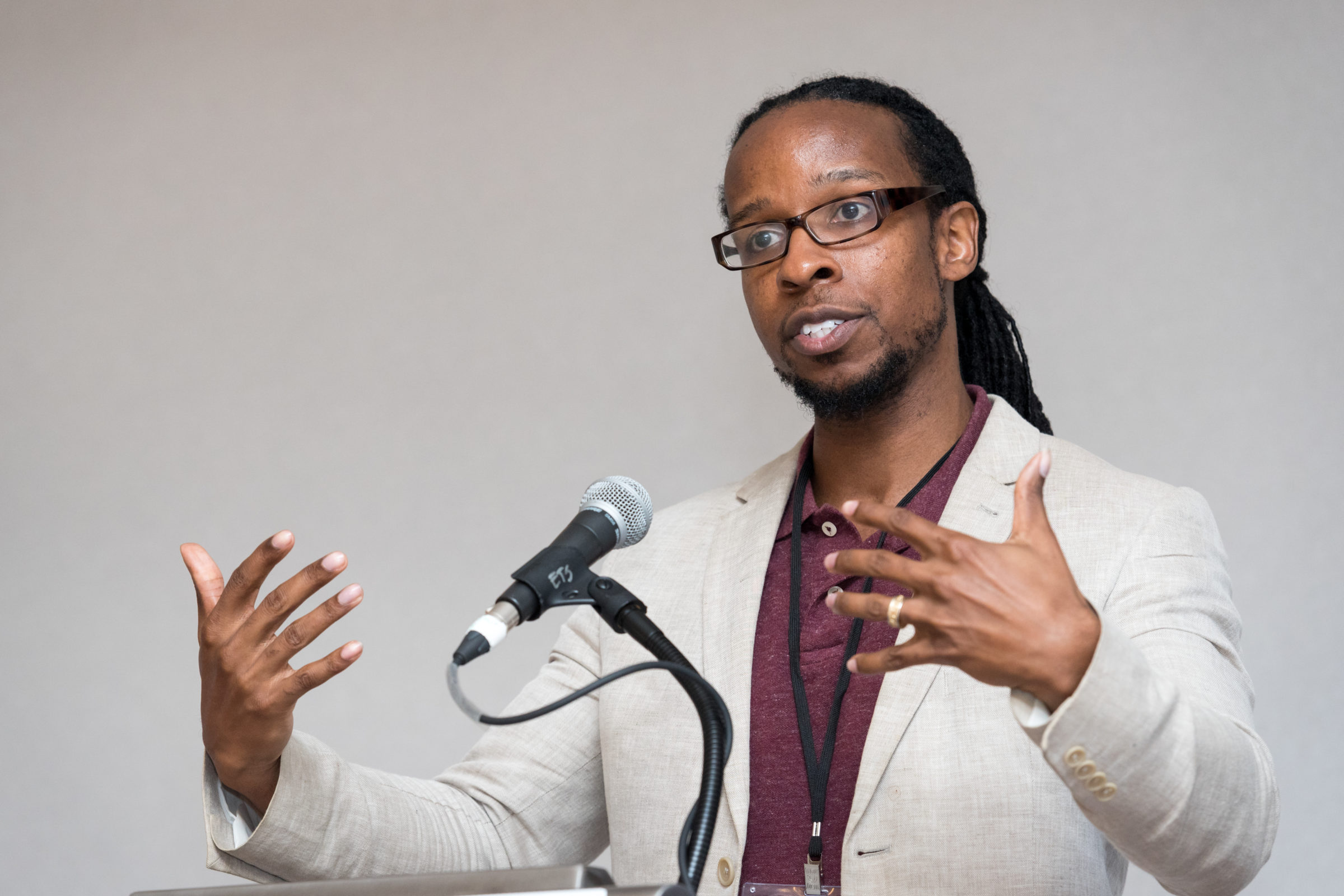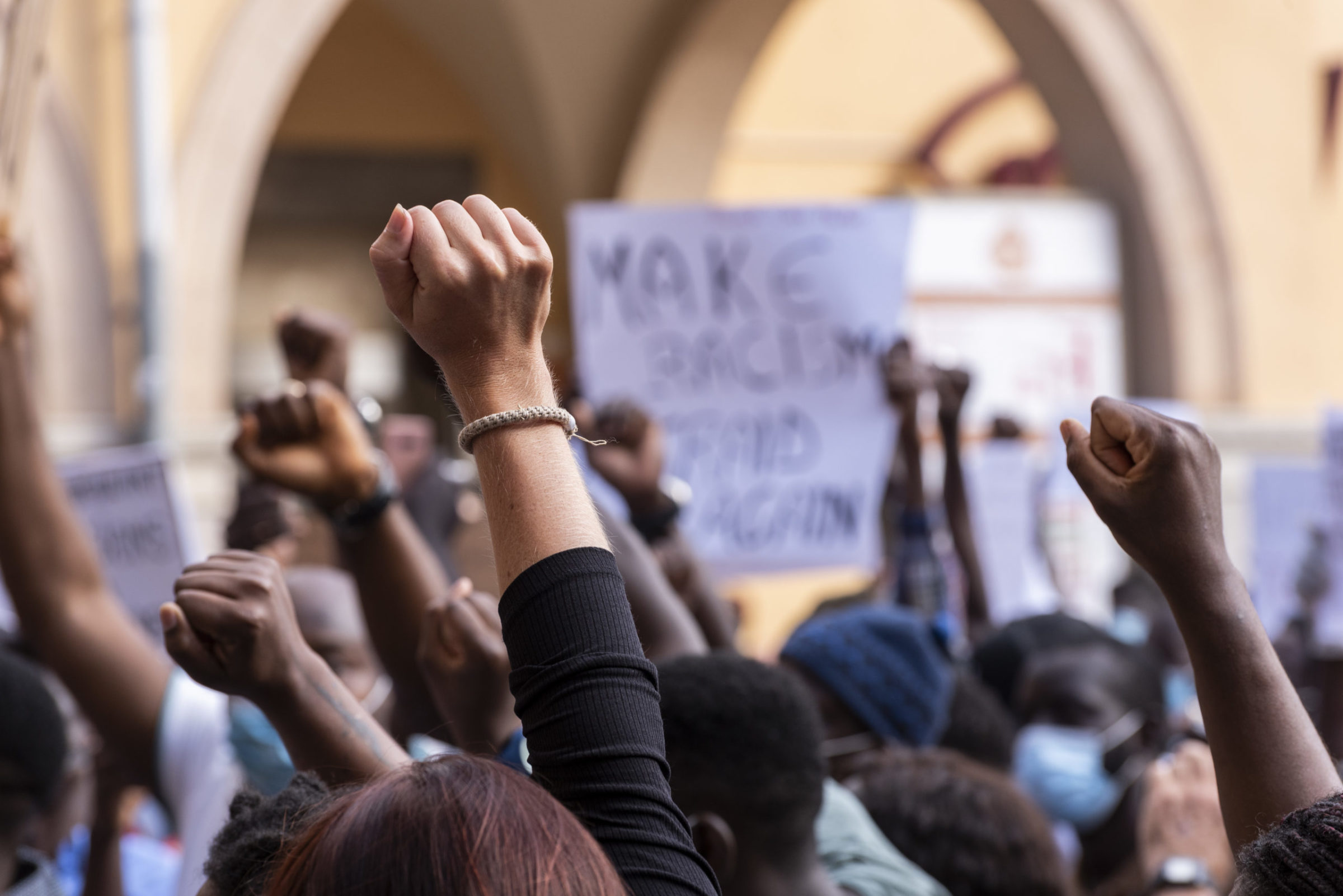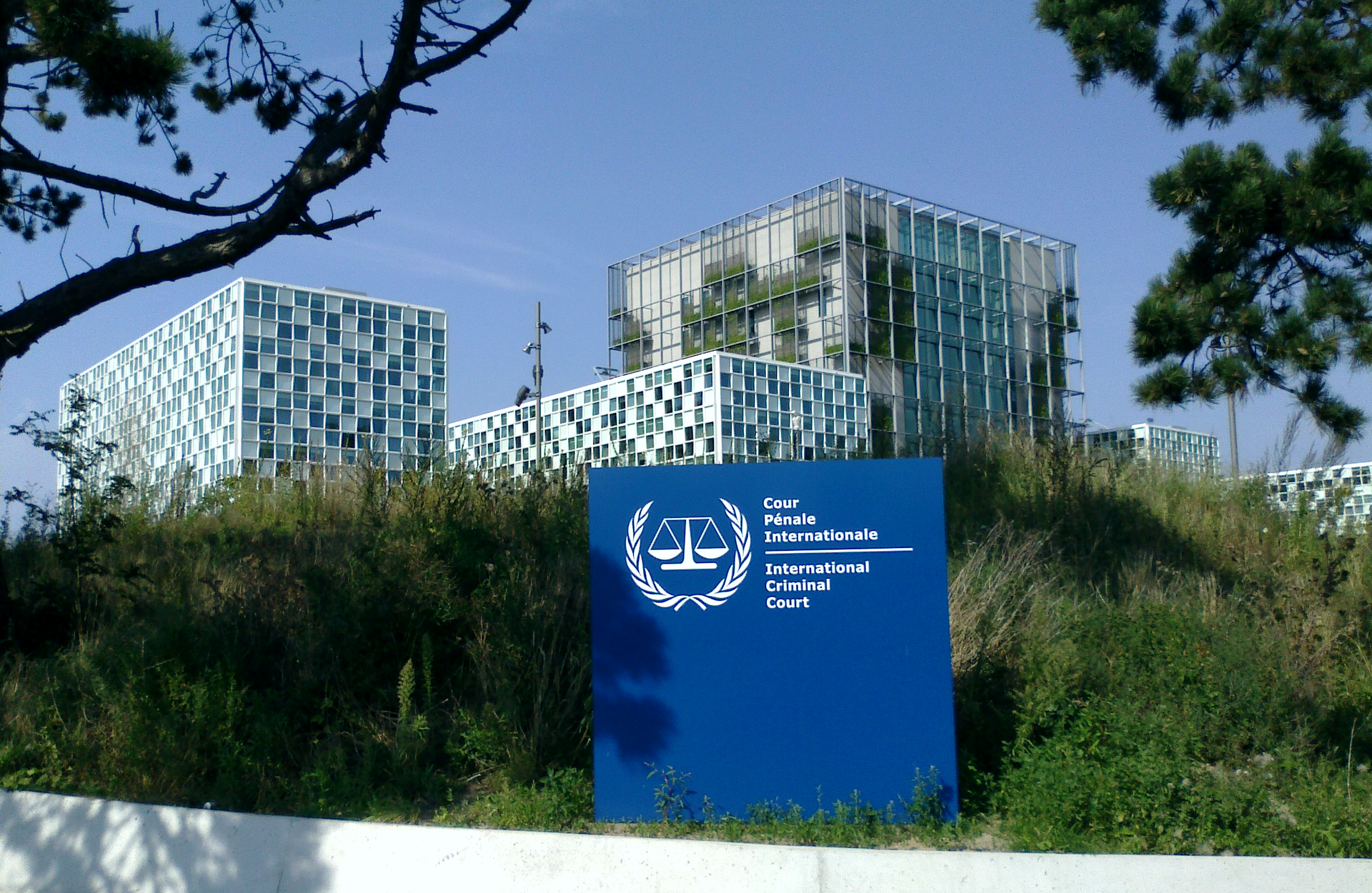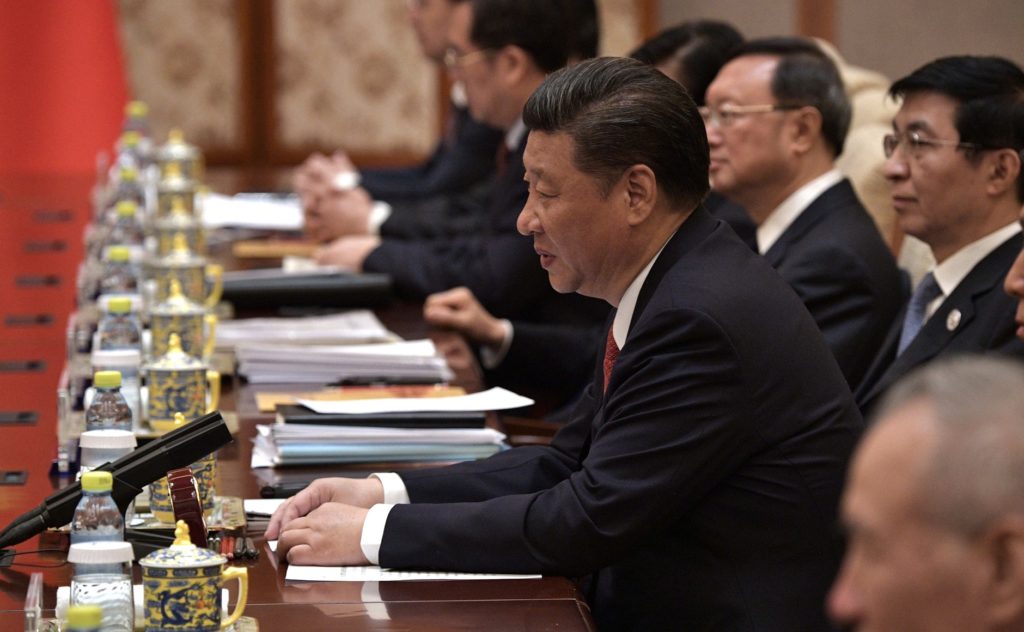Bruno Maçães writes on the United States and our shifting and ill-defined aims with respect to China: I have a column out today that takes a broadly positive view of the European Union’s strategy on China. That strategy seems to me the brightest line of the struggling new geopolitical Union being developed in Brussels. The column goes some way towards explaining why that is the case, but I wanted to add a couple points directly related to how the EU compares to the United States when it comes to China. Well, the essential point, it seems to me, is that Washington still lacks a strategy. I am not talking about the erratic policy of the Trump years. The problem has persisted and it was there before Trump. Would you be able to say what the US wants from its China policy? To be tough, it seems. But tough with what purpose? Does it want China to apologize for all its faults in order to get back in Washington’s graces? Does it want the existing Chinese regime to collapse as the Soviet Union collapsed, so that China can live under some copy or other of a Western liberal democracy? (Not that it worked for the Soviet Union’s successor state). Or does it merely want China to refrain from military adventurism abroad, especially across the Taiwan strait? The truth is that no one knows, not even the people crafting the policy. They look to the past, disagree with the previous approach and have embarked on a different course. But the future remains a dark abyss. President Trump’s confrontational approach to China reset the relationship, but to what long term end? What strategic purpose does the tactical move of marginal economic decoupling serve, for instance? It, so far, has not helped American corporations, Hollywood and its actors, or the NBA overcome the problems inherent with access to the Chinese market or de facto Chinese state power over American corporate values. The United States government has a singular role to play in incentivizing courageous behavior and demonstrating an ability to protect American institutions and voices who speak out. Indeed, not until the final hours of the Trump administration did Secretary of State Mike Pompeo brand China’s treatment of its Uyghur Muslims “genocide and crimes against humanity”. President Biden and Secretary of State Anthony Blinken prudently affirmed this condemnation and formalized it in a spring State Department report: The China section of the report says that genocide against minority groups in Xinjiang continues and includes “the arbitrary imprisonment or other severe deprivation of physical liberty of more than one million civilians; forced sterilization, coerced abortions, and more restrictive application of China’s birth control policies; rape; torture of a large number of those arbitrarily detained; forced labor; and the imposition of draconian restrictions on freedom of religion or belief, freedom of expression, and freedom of movement.” We owe Blinken’s State Department particular credit for acknowledging that coerced abortions and birth control are playing key roles in the Chinese regime’s attempt to decimate the Uyghur people. But is this sliver of Washington bipartisanship part of a larger strategy, either in terms of America’s interests or human rights? It doesn’t look like it. The same State Department report asserts that, “There is no hierarchy that makes some rights more important than others,” and that the international expansion of abortion as well as sex and gender ideology now enjoy equal (though in practice, frankly higher) priority to concerns like Uyghur genocide. A natural hierarchy forms every time we set priorities and work to achieve those priorities. This is as true in daily life as it is in the life of nations. Nothing is prioritized when everything carries equal priority. If everything is important, then nothing is. In post-Trump foreign policy with China, we’re awaiting our era’s George Kennan. In the meantime, the Biden administration should consider its position of decrying coercive abortion and birth control in Xinjiang on the one hand, while imposing those practices on other nations and peoples as conditions of international friendship and foreign assistance on the other. We pretend this is nuanced and sophisticated, but who buys that? The Chinese regime knows how to launder its human rights abuses for Western sensibilities. Recall this since-deleted tweet from the Chinese embassy: The spirit behind this crude attempt to whitewash its domestic policies is the same spirit that animates elite Western NGOs like Planned Parenthood, NARAL, and the Center for Reproductive Rights. That’s precisely why the Chinese government would speak in terms of autonomy, gender equality, and reproductive health as euphemisms for much darker realities. Where would they have learned to do that, but from the United States? A true strategy with respect to China as a strategic rival, with respect to human rights in particular, is overdue.








